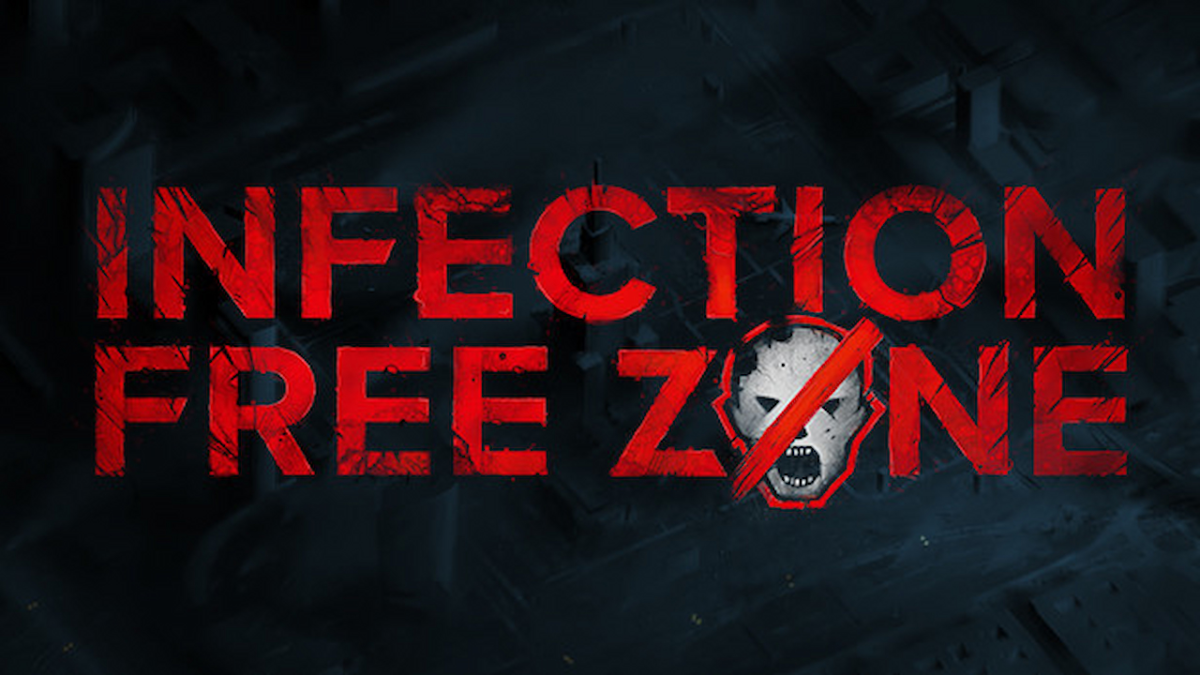The bestest ever Magic: The Gathering videogame adaptation came out in 1997. It was named, quite simply,Magic: The Gathering, and it combined the standard card battles with full deck-building, as well as a full-fledged RPGmode in which you wandered Shandalar, taking quests, buying new cards, and beating down enemies with your completely customisable deck. It also contained more bugs than a spider web around a night light, but in terms of wrapping up the basic Magic battles and card acquisition in a context that made sense, it’s never been bettered.
Fast forward 15 years and we’ve seen the confusing RTS messes that were BattleMage andBattlegrounds, the decent-but-pricey Magic Online, and various iterations of the simple Duels of the Planeswalkers. Nothing quite so imaginative or innovative, but some solid entries nonetheless.
Duels of the Planeswalkers 2013, the latest release in that particular sub-series, follows on in the same vein. It’s not hugely unique, or even hugely different to its predecessors, but it does what it does extremely well indeed.

If you’ve not played one of the previous entries, then it works like this: using pre-made decks, you play one match after another. Winning a match gets you an extra card you can use to slightly modify that pre-made deck, and more decks are made available by beating opponents through the campaign itself.
In short: it’s Magic, without any fluff in terms of context, and with more of an emphasis on decktweaking than deck building. The game itself takes care of all the rules and counters, leaving you to focus on the strategy rather than the minutiae.
The Challenge campaign also makes a return, offering those with serious knowledge of Magic‘s rules the chance to prove it. These particular missions generally put you in an unfathomably bad situation (you have 4 life while your opponent has 42, say) and ask you to win by the end of your next turn, which generally involves abusing the hell out of particular card mechanics, resolution orders, and the occasional loophole. It’s somewhat useful in that it both offers puzzles to solve, and helps to teach players about the ways cards can interact without forcing them to go through dozens of tutorials or help pages.
Did that talk of resolution orders and card mechanics sound confusing? I do apologise, not least for giving the wrong impression. If anything Duels 2013 is a fairly friendly introductory experience, with a decent tutorial walking you through a quick match and explaining why you should play each of these cards; contextual help that explains what each particular card mechanic does should you ask; as well as – on the lowest difficulty setting – a hint system that offers advice on what card you should play next. It’s hard for me to guess at how effective these tutorials would work for a complete newbie, but following the tutorial and playing a couple of experimental games should hopefully get most people up to speed.
But none of this is new, so Duels of the Planeswalkers veterans are probably wondering why theyshould pick this up. Other than the obvious – new cards and decks – Duels 2013 has thrown in a few more modes with which to have fun.
The main campaign is interspersed with optional Encounter battles, which are sort of like Challenges for those who haven’t memorised every single card and effect. These tend to pit you against a deck that works off of one strategy alone, with little in the way of surprises; you might face a deck that defends itself impossibly well while trying to build up an Artifact that will let it win the game instantly, or one that tries to kill you by forcing you to dump cards from your hand and then summoning creatures from your discard pile. Picking the right deck and adjusting your strategies to beat these varied battles is great fun, and quite a change from a regular match.
But I suspect that for most, the big draw will be the Planechase mode. This 1v1v1v1 mode adds in an extra deck of cards that produces global effects which utterly change the way the game plays, and as a mana-fuelled die roll determines when you move onto the next of those cards, you have to balance your own mana needs with the need to hurry away from the current Plane. As with Duels 2013 on the whole, Planechase is a fun, casual variant of Magic.
It’s also completely insane.
When I say those global effects utterly change the way the game plays, I mean it. This card means that every time a player attacks, clones of all of his creatures then attack all other players! Better attack, then roll that die to try to change the plane so your opponents can’t do that… oh. This plane gives -2/-2 to every non-flying creature. That’s my entire army of 1/1 creatures dead, then. (But don’t worry: the next plane summoned every creature in everybody’s graveyard pile.) It’s hilarious, unpredictable, and reliant on a lot of luck – so the perfect antithesis to standard Magic, then, and highly recommended with people you know.
Speaking of “people you know”, the other draw will naturally be multiplayer, with Planechase, Two-Headed Giant (2v2, basically) and Free-for-All games fully available for online many-person battles. Match-ups against randoms are easy to find and have options as to whether or not you want the AI to take over for anyone who leaves, if that’s the sort of thing that matters to you. (It’s worth noting that some seem to be having difficulty connecting to other games, but I can’t say I’ve had this problem myself.)
Fortunately for unsociable misanthropes the world over, the AI opponents in Duels 2013 are actually pretty good – particularly once you get to the significantly harder Revenge campaign. While I wouldn’t go so far as to say the AI is a scheming genius, it’s certainly competent enough to provide a decent challenge. Beating a faceless computer with the perfect card at the very last minute is never going to be as satisfying as doing the same to an actual human being, admittedly, but on the plus side it can’t actually punch you when you do it. So, y’know, swings and roundabouts.
Considering the utter lack of real deck-building… actually, no, let’s talk about that. I do consider the lack of deck-building a shame, but not a surprise. That’s what Magic Online is for, after all, and writing an AI to play a game as sprawling as Magic with a degree of skill, using every card ever, seems like a fool’s errand. Something I’d like to see, sure, but not something I expect. Er, where was I? Oh.
Considering the utter lack of real deck-building, it’s probably also a good thing that the decks you can choose (and modify slightly) are actually rather varied. Plenty of interesting strategies are catered for, whether you want to go for massive direct damage, huge creatures, horrible mind games, or all of the above. Trying out a new deck and figuring out its quirks is an enjoyable experience, and the decks are balanced well enough that newbies don’t need to panic needlessly about their choices. My personal favourite right now is a deck that makes delicious use of Exalted cards, which… actually, never mind.Magic doesn’t translate well to text.
You may have noticed that I haven’t been particularly enthused throughout this write-up, but neither have I been slamming my head against the keyboard with incoherent rage, and I suppose that sums up Duels 2013 rather well. It’s a perfectly decent game which does exactly what it says on the tin: it offers you a way to play Magic on your computer, against either online opponents or the AI. At its absolute worst it’s competent, and – barring a few minor interface issues – there’s really little to complain about. By the same token, though, I’m having a hard time cheerleading for it because… well, it offers you a way to play Magic on your computer, as a slight update from its also-cheap predecessors. It’s not massively exciting, I’m afraid.
Whether you’ll want to pick this up depends, I suspect, on your particular proclivities. If you’re an absolute newbie who’s interested in Magic it’s certainly worth a look; the same goes if you’re a regular player who hasn’t yet picked up a Duels game. Those who already have one, though, need to work out for themselves whether or not the updates herein – the madcap Planechase, in particular – are worth the £7 admittance.




